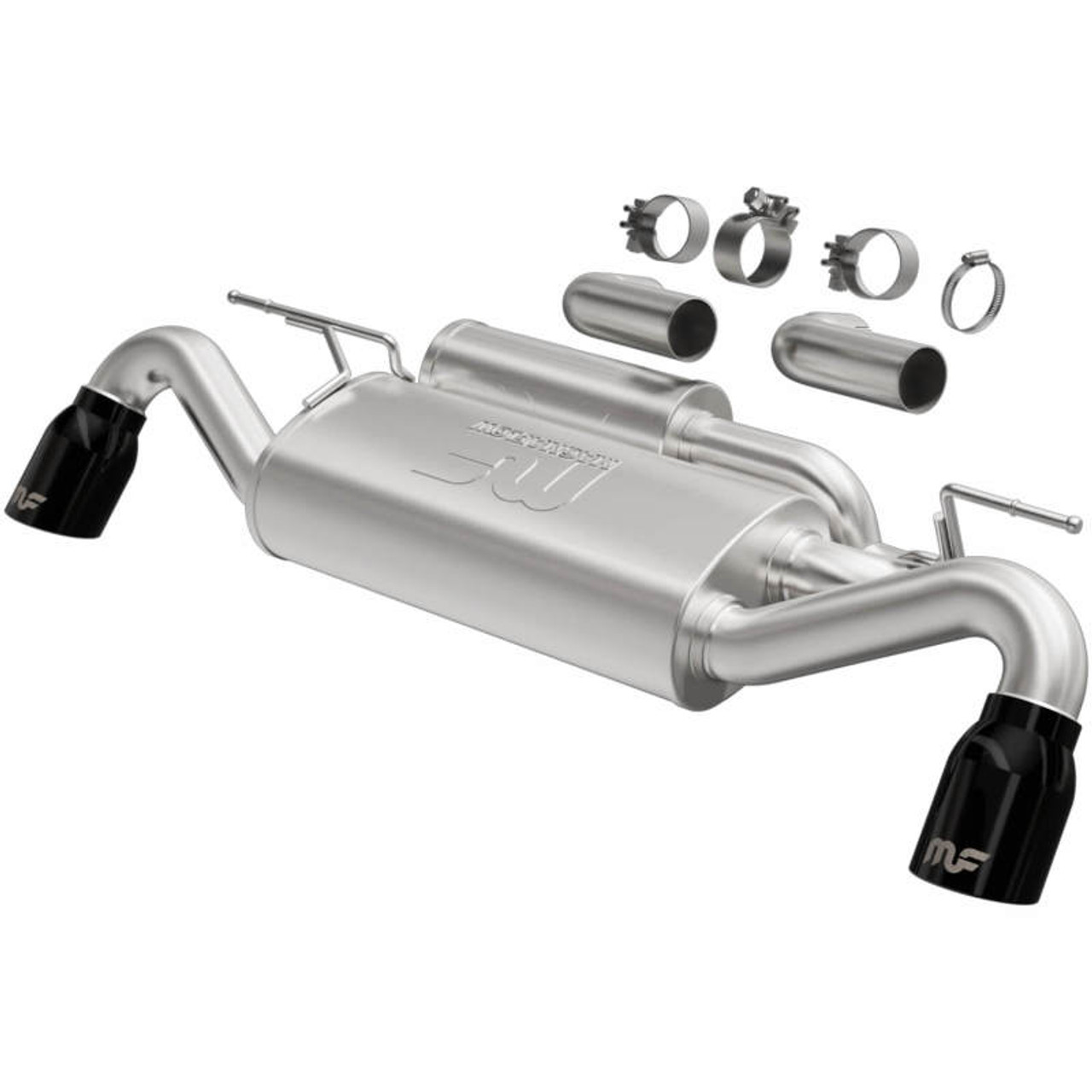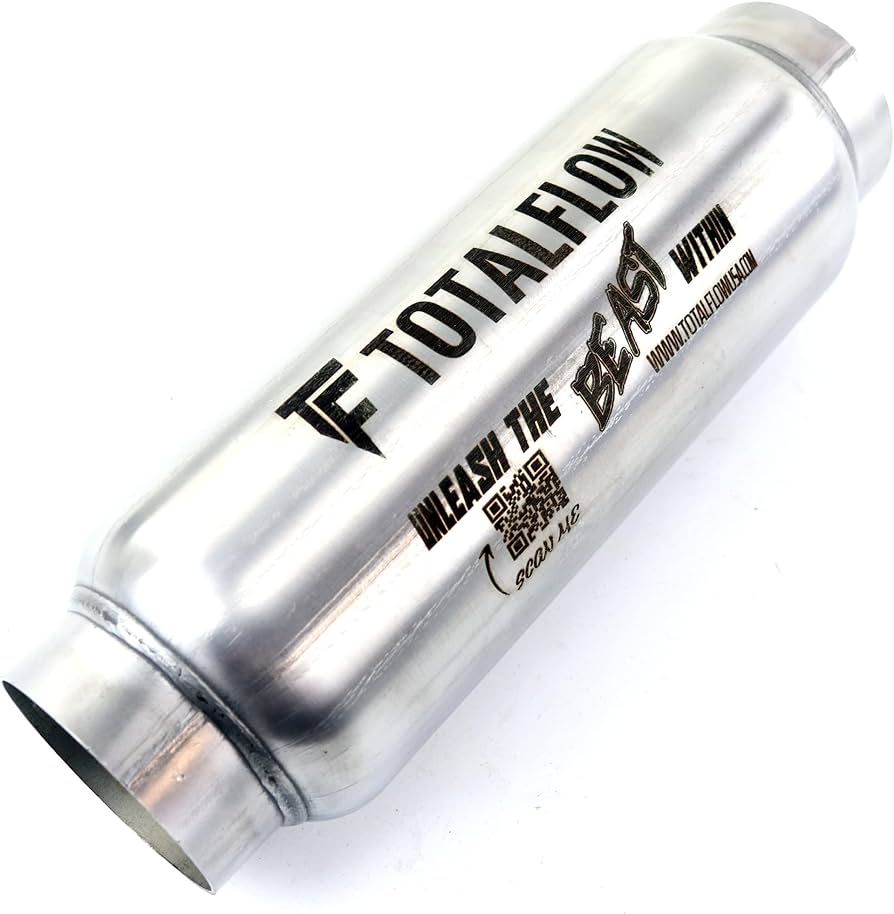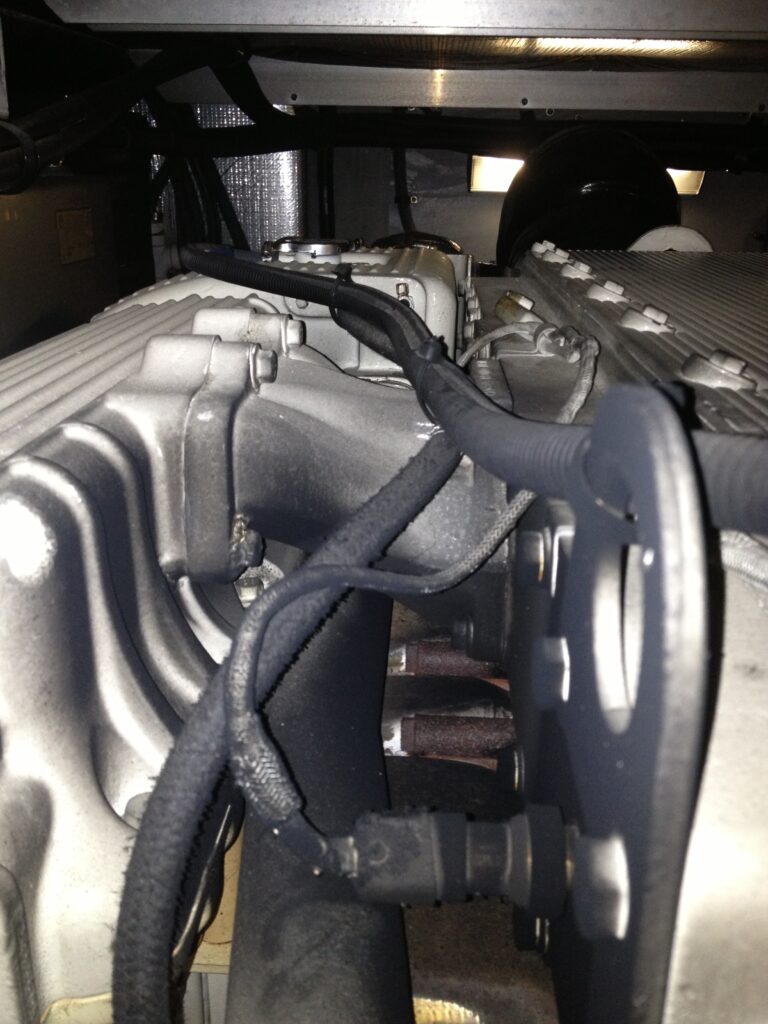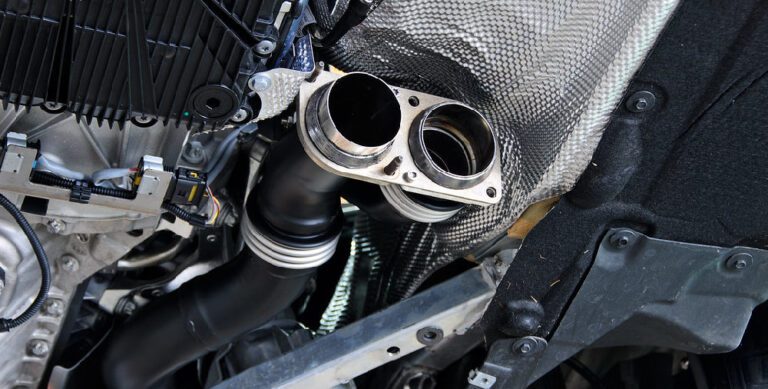What is the Difference between a Resonator And a Muffler : Unleashing the Exhaust Performance
A resonator is designed to enhance the sound of the engine, while a muffler is intended to reduce the noise produced by the exhaust system. When it comes to choosing the right components for your vehicle’s exhaust system, it’s important to understand the difference between a resonator and a muffler.
A resonator is an exhaust component that is specifically designed to enhance the sound of the engine. It works by manipulating sound waves to create a more pleasing tone. On the other hand, a muffler is designed to reduce the noise produced by the exhaust system.
It works by using various chambers and baffles to dissipate sound waves and make the exhaust quieter. By understanding the specific functions of each component, you can make an informed decision when it comes to enhancing your vehicle’s sound or reducing its noise level.
The Importance Of Resonators And Mufflers In Exhaust Systems
Resonators and mufflers are two key components of an exhaust system. They play an important role in enhancing the performance of the exhaust system and reducing noise. Resonators are designed to eliminate unwanted frequencies or sound waves that can cause a harsh or loud exhaust note. They work by creating sound waves that cancel out the undesirable ones, resulting in a smoother and more pleasant sound. Mufflers, on the other hand, are responsible for reducing overall noise levels by using a series of chambers and baffles to absorb and dissipate sound energy.
Both resonators and mufflers are essential for maintaining a comfortable driving experience and meeting noise regulations. They can also influence the performance of the exhaust system by affecting back pressure. While resonators generally have a minimal impact on back pressure, mufflers can vary in their design and affect the flow of exhaust gases. This is why it’s important to choose the right resonator and muffler combination to achieve the desired balance between performance and sound.
Resonators: Enhancing Exhaust Performance
A resonator is an essential component of an exhaust system that plays a key role in enhancing exhaust performance. It is designed to reduce noise and improve the overall tone of the exhaust note. So, what exactly is a resonator and how does it work?
Resonators come in various types, each with their own unique features. The most common types of resonators include chambered, glass-pack, and Helmholtz resonators. Chambered resonators use a series of chambers to cancel out sound waves and create a smoother exhaust tone. Glass-pack resonators use a fiberglass packing material to absorb sound waves and produce a deep rumble. Helmholtz resonators work by using a specific chamber and opening size to produce a specific frequency.
Using a resonator in an exhaust system has its pros and cons. On the positive side, a resonator can significantly reduce exhaust noise and create a more pleasant sound. It can also improve engine performance by reducing backpressure. However, the downside is that it may slightly decrease overall horsepower and restrict airflow.
Mufflers: Optimizing Exhaust Performance
What is a muffler and how does it work?A muffler is an essential component of an exhaust system. Its primary function is to reduce noise produced by the engine during the combustion process. It does this by using a series of chambers and baffles to redirect the flow of exhaust gases. The exhaust gases enter the muffler through an inlet pipe and are then guided through a series of chambers and perforated tubes. As the gases pass through these chambers, the sound waves they produce are absorbed and dispersed. This process helps to reduce the overall noise level emitted by the vehicle. Different types of mufflers, such as chambered, straight-through, and turbo, offer varying levels of noise reduction and performance benefits. However, it’s important to note that mufflers can impact the overall flow of exhaust gases, which may affect engine performance. Therefore, choosing the right muffler for your exhaust system requires careful consideration of the desired sound level and performance trade-offs.
Unleashing Exhaust Performance: Choosing The Right Combination
Achieving optimal exhaust performance involves selecting the right resonator and muffler combination. Both resonators and mufflers play crucial roles in the overall sound and power levels of an exhaust system.
When choosing a resonator and muffler combination, it is important to consider several factors. First, determine the desired sound level. Resonators help control and eliminate unwanted exhaust drone, resulting in a more pleasant driving experience. Mufflers, on the other hand, are responsible for reducing overall noise levels.
Next, consider the power requirements of your vehicle. Resonators can improve exhaust flow and enhance low-end torque, while mufflers ensure backpressure is properly regulated. Proper pairing of a resonator and muffler can help achieve both the desired sound and power levels.
Lastly, technical considerations come into play when selecting a resonator and muffler combination. This includes factors such as the internal design of the resonator and muffler, the size and length of the exhaust pipe, and the overall design of the exhaust system. Consulting with a knowledgeable professional or doing thorough research can help ensure the right combination for your vehicle.

Credit: unleashedtuning.com
Frequently Asked Questions For What Is The Difference Between A Resonator And A Muffler
Do You Need A Muffler If You Have A Resonator?
No, a muffler is not necessary if you have a resonator. A resonator helps reduce noise and improve exhaust flow, but a muffler further reduces noise levels. While a resonator can provide some noise reduction, a muffler is still needed for optimal results.
What Is Louder Muffler Or Resonator?
A muffler is typically louder than a resonator.
Is It Ok To Remove Resonator?
Yes, it’s generally acceptable to remove a resonator. However, keep in mind that it may affect your vehicle’s performance and could be illegal in some regions. Always consult with a professional or check your local regulations before making any modifications.
What Happens If I Take Off The Resonator Of A Muffler?
Taking off the resonator of a muffler alters the sound and performance of your vehicle by increasing noise and possibly decreasing back pressure. It might also affect the engine’s efficiency and as a result, violate emission regulations. Seek professional advice before modifying your exhaust system.
Conclusion
To summarize, understanding the difference between a resonator and a muffler is crucial for vehicle owners. While both components play a role in reducing and controlling noise, they serve distinct purposes in the exhaust system. Resonators focus on reducing specific frequencies, while mufflers aim to minimize overall exhaust noise.
By grasping their individual functions, drivers can make informed decisions when it comes to improving their vehicle’s sound and performance.







